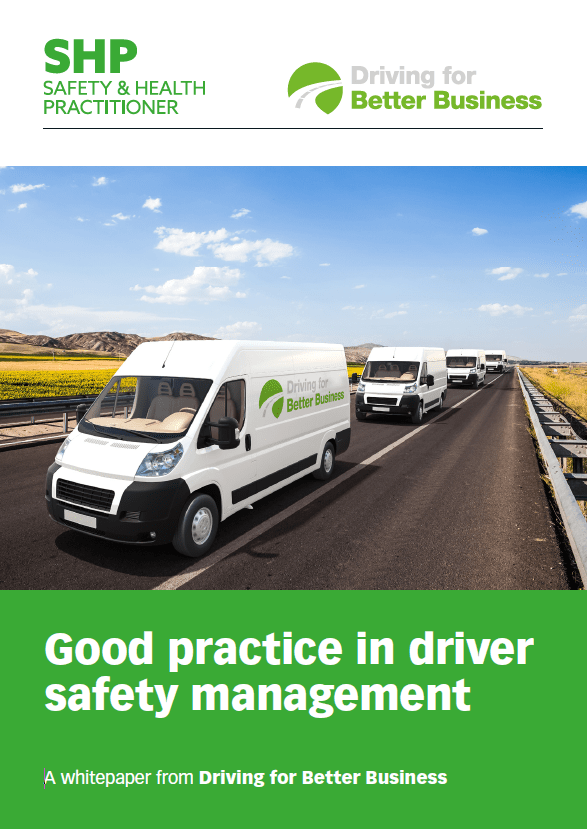Fully self-driving cars without safety drivers could be on British roads by 2021, under new plans published by the Government.
 The Department for Transport (DfT) has updated its guidance for testing autonomous vehicles, which includes the possibility of testing a car without a safety car.
The Department for Transport (DfT) has updated its guidance for testing autonomous vehicles, which includes the possibility of testing a car without a safety car.
At present, the guidelines state that a suitably licensed and trained safety driver must supervise an automated vehicle trial if it is held on a public road.
The update guidance also states it is possible to conduct trials without a human safety driver or operator actually inside the vehicle, however there must be a someone available who can take control by remote control, if necessary.
It also adds the Government is aware of the “growing desire to conduct more advanced trials on public roads”.
According to the document, the DfT is now looking to develop and operate a process to support advanced trials on public roads.
Under the strengthened code, companies carrying out trials for automated vehicles will be expected to publish safety information, trial performance reports and to carry out risks assessments before conducting a trial.
Trialling organisations are also expected to inform the relevant authorities, emergency services, and anyone who might be affected by trial activity.
“We need to ensure we take the public with us as we move towards having self-driving cars on our roads by 2021,” said Automotive Minister, Richard Harrington.
“The update to the code of practice will provide clearer guidance to those looking to carry out trials on public roads.”
In March last year, a woman in Arizona died after being struck by a self-driving Uber car, which raised questions about the safety of driverless cars. Shortly afterwards, SHP looked into who is to blame when self-driving cars crash.
Responding to the updated guidance, the AA’s head of roads policy, Jack Cousens said the target of 2021 “feels extremely challenging given the technical and legal hurdles yet to be overcome”.
“It is possible we might see ‘driverless’ vehicles following fixed routes in dedicated lanes by then, but the self-driving vehicle that can take you from your home to anywhere and back again in any weather and in mixed traffic is much, much further away,” said Mr Cousens.
“Most drivers are sceptical when it comes to the safety of self-driving vehicles so we welcome proposals in the revised code of practice regarding the importance of an effective communications and PR strategy for trials. Better understanding of the safety case for trials and nature of those trials should help to build public confidence in this exciting technology.”
The Government’s updated code of practice on automated vehicle trialling is available here.
This eBook will guide you through some of the key understandings you need to be able to manage driver safety effectively and, at the end, provide a series of free resources you can access to help you ensure your own driver safety management system is robust, legally compliant and in line with industry-accepted good practice.
Download this eBook from Driving for Better Business and SHP to cover:
- Why do we need to manage driver safety?
- Duty of care – a shared responsibility;
- Setting the rules with a driving for work policy;
- Managing driver safety;
- Ensuring safe vehicles;
- Safe journeys and fitness to drive;
- Record keeping;
- Reporting;
- The business benefits of good practice;
- Additional resources

 The Department for Transport (DfT) has updated its
The Department for Transport (DfT) has updated its 